Mental Health Awareness Action Guide
JUMP TO:
🏃🏽♂️Take Action Every Day - 💼 Toolkits - 🧘🏽 Self-Care - 👩🏻⚕️ Join the Workforce
Take Action for Mental Health >
Whether you're seeking information for yourself, looking to support others, or wanting to get involved in awareness activities, you've come to the right place. Discover resources, inspiration, and ways to participate right here.
Let's use this resource to foster open dialogue, promote helpful resources, and cultivate hope so more New Yorkers can get the mental health support they need to live healthy and fulfilling lives.

> Breathe In <
< Breathe Out >
Take Action for Yourself & Others
- Download this guide in multiple languages -
Arabic - تنزيل | Bangla - ডাউনলোড | Chinese (Traditional) - 下載 | Chinese (Simplified) - 下载 | English | French - Télécharger | Haitian Creole - Telechaje | Korean - 다운로드 | Polish - Pobierz | Russian - скачайте | Spanish - Descargar | Urdu - ڈاؤن لوڈ

Get Help Now
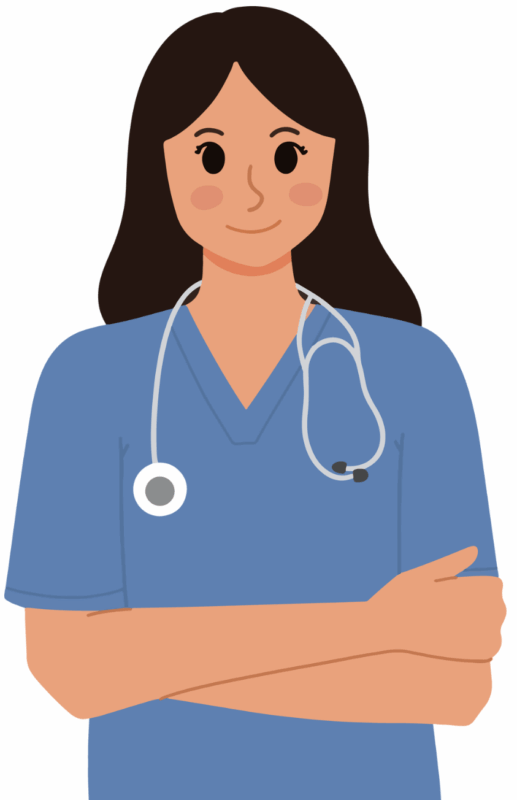
Get Hospital Based Treatment
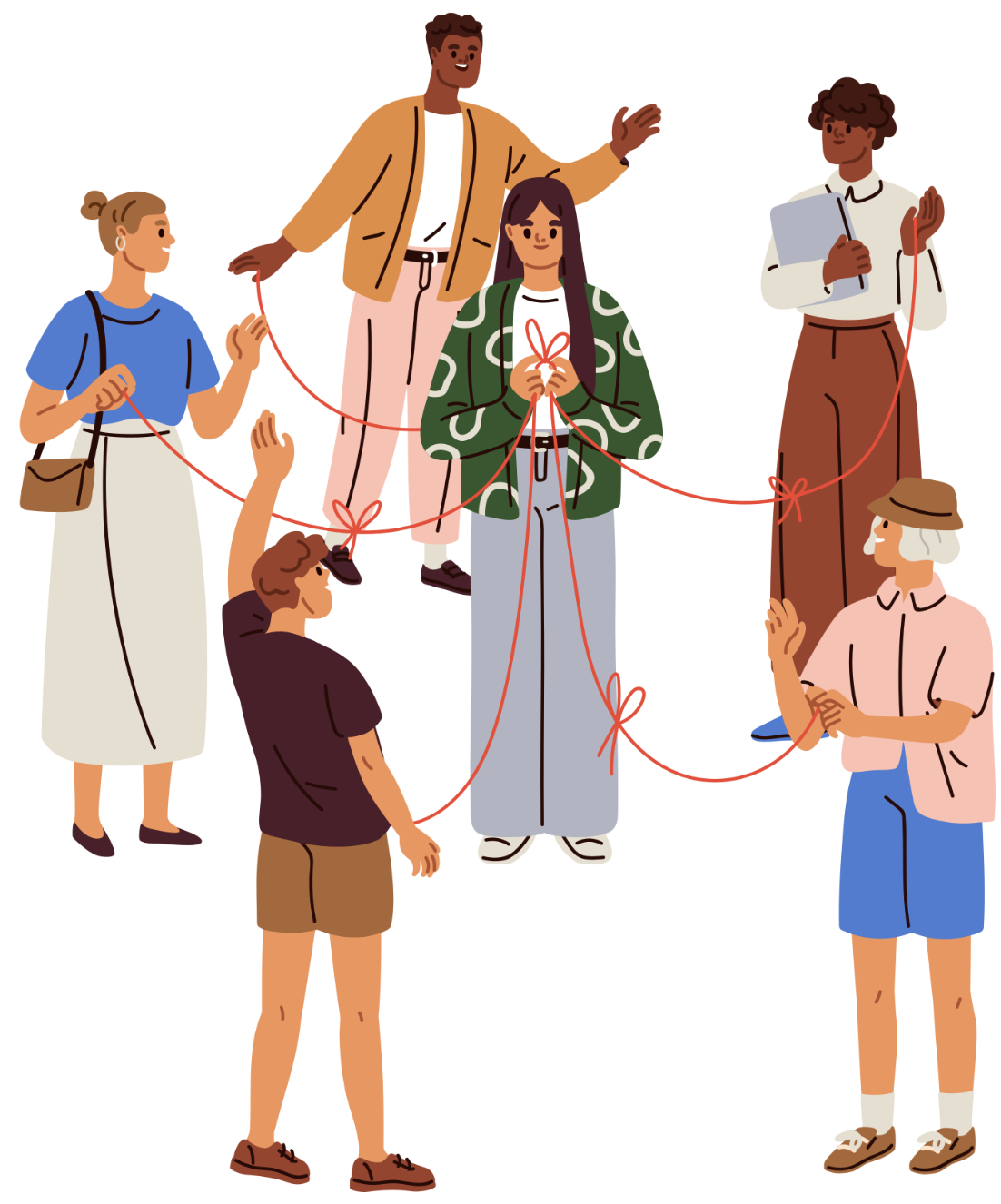
Get Help for People Having Trouble Staying Connected to Care

Get Help for Children, Youth, and Families

Get Help for Older Adults and Veterans and Survivors of Violence

Get Help Reconnecting with Work, School, Family, Friends and the Local Community
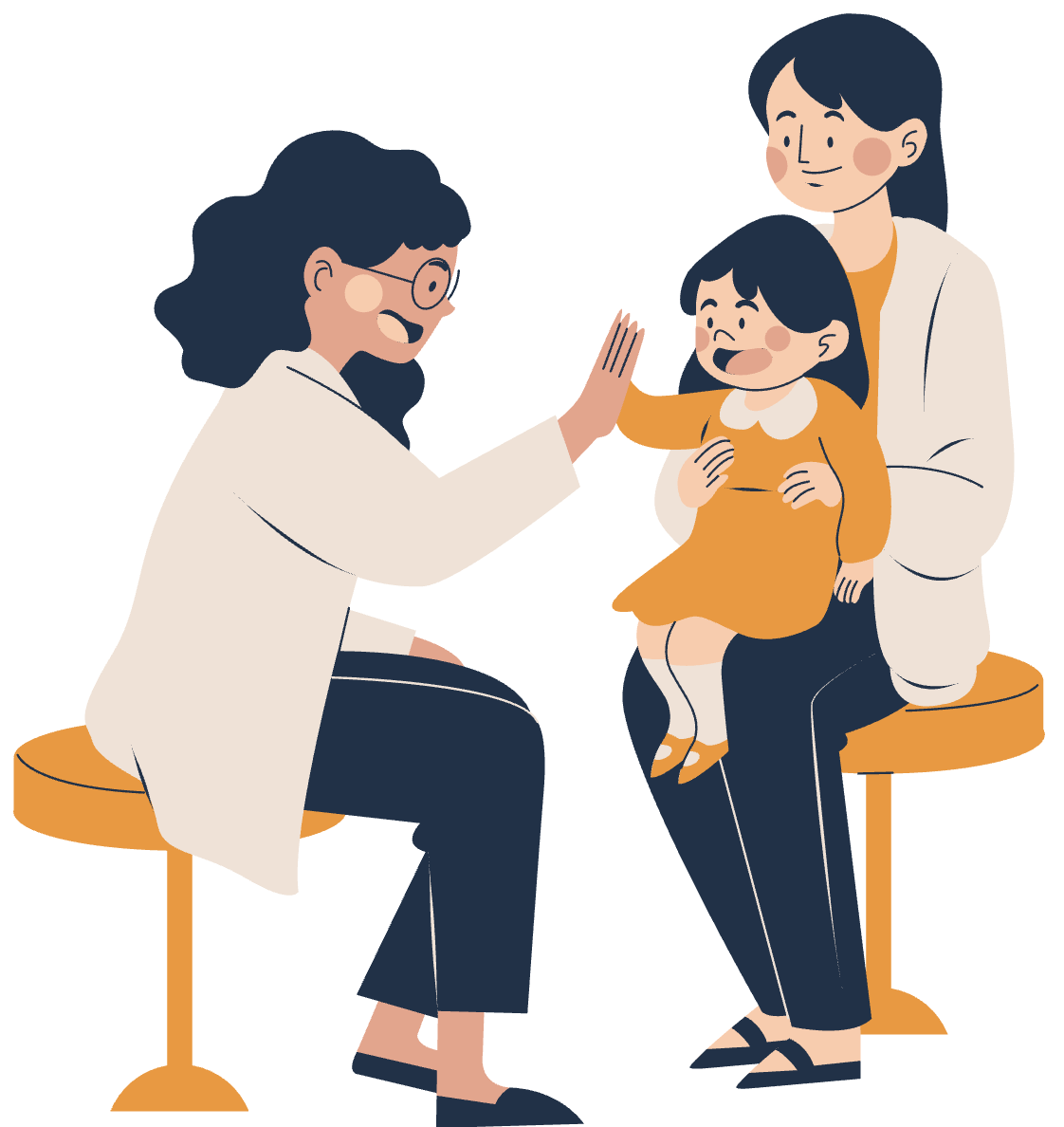
Get Health Insurance

Get Supportive and Subsidized Housing for People with Mental Health Conditions
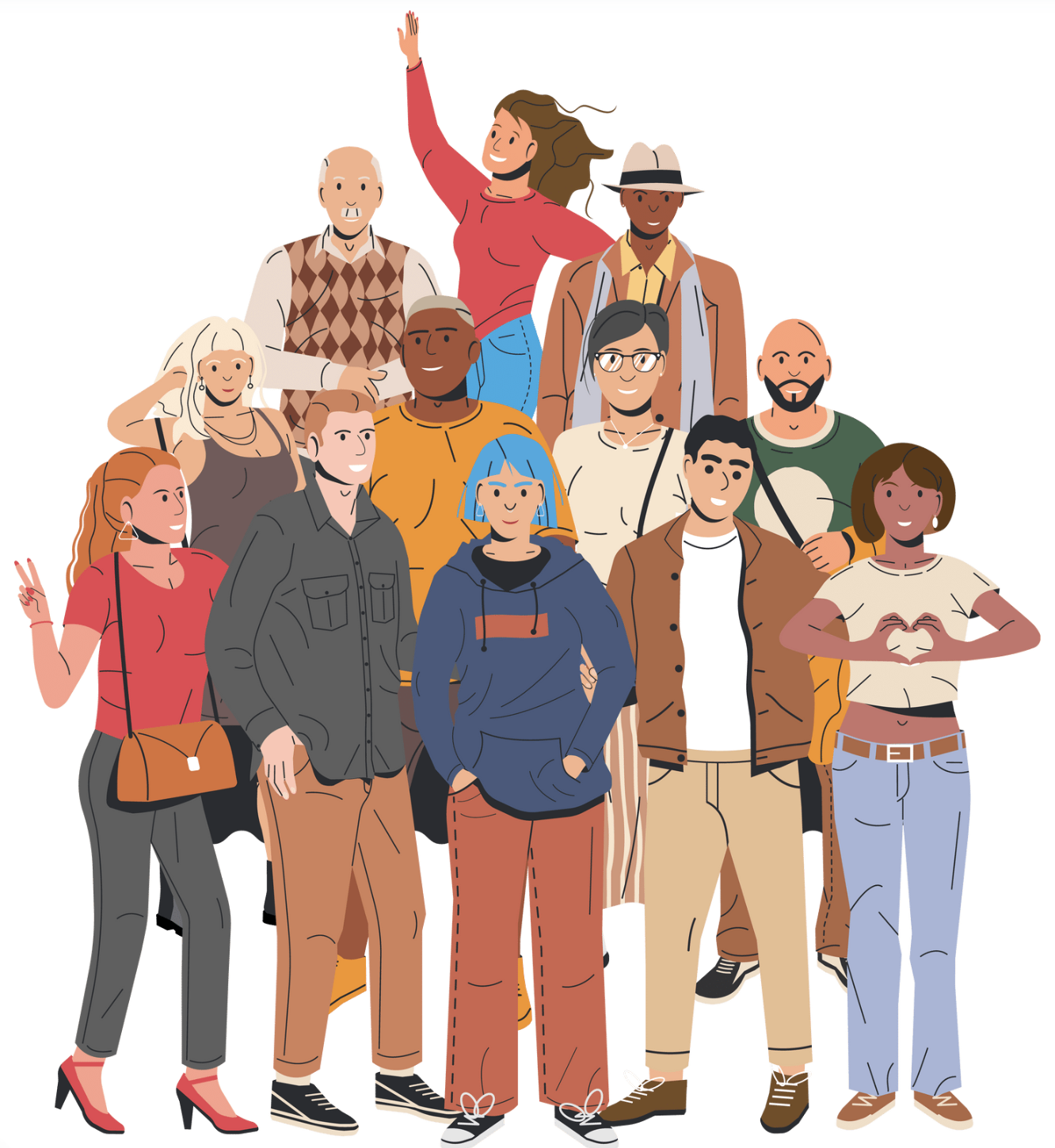
Get Career Opportunities for People with Mental Health Conditions
Check out OCMH's For PressToolkit
For Press
-Toolkit-
Essential resources for media journalists covering Mental Health in NYC.
For OCMH interviews email: [email protected]
- DO Use People-First Language: Focus on the person, not the diagnosis. Say "a person with schizophrenia" or "someone experiencing depression" instead of "a schizophrenic" or "a depressive." This emphasizes their humanity over their condition.
- DO Include Hope and Recovery: Mental health conditions are often treatable. When appropriate, showcase stories of recovery, and effective treatment. This combats hopelessness and encourages help-seeking.
- DO Consult Credible Sources: Interview mental health professionals (psychiatrists, psychologists, licensed therapists) for accurate information on conditions, treatments, and trends. Include perspectives from people with lived experience with their informed consent and ensure they are comfortable sharing their story.
- Our team at the NYC Mayor's Office of Community Mental Health are available for interviews by emailing [email protected]
- DO Provide Context and Challenge Stereotypes: Avoid simplistic or inaccurate links between mental illness and violence. Statistically, people with severe mental illness are more likely to be victims of violence. If violence is part of the story, report the facts accurately without attributing it solely or speculatively to a mental health condition.
- DO Include Resource Information: Always provide readers/viewers with reliable resources where they learn more like the NYC Mayor's Office of Community Mental Health, and promote contact helplines like NYC 988 Suicide & Crisis Lifeline and NYC Teenspace.
- Do Encourage Education & Training: Promote careers in behavioral health, or enrolling in a Psychological First Aid Training. The Academy for Community Behavioral Health provides training, coaching, and technical assistance that build the capacity of community-based organizations, City/State agencies, and other social service providers to address behavioral health.
- DON'T Use Stigmatizing, Flippant, or Sensational Language: Avoid terms like "crazy," "psycho," "lunatic," "deranged," or describing someone as "suffering from" (use "living with" or "experiencing"). Refrain from overly dramatic or graphic descriptions that exploit the condition for shock value.
- DON'T Define Individuals Solely by Their Mental Health Condition: People are more than their diagnosis. Avoid portraying individuals as solely victims or burdens. Show them as whole people with families, jobs, hobbies, and aspirations.
- DON'T Speculate on Diagnoses or Treatments: Avoid diagnosing public figures or individuals involved in news events. Only report diagnoses confirmed by health professionals or the individuals themselves (if they choose to disclose). Don't present anecdotal treatments as proven cures.
- DON'T Oversimplify Complex Conditions: Mental health is nuanced. Avoid reducing conditions to simple checklists or implying easy fixes. Acknowledge the complexity of causes, experiences, and treatment paths.
- DON'T Include Excessive Detail on Suicide Methods or Locations: Reporting specifics about how or where a suicide occurred can increase the risk of imitative behavior (suicide contagion). Focus on the 'why' (if known and appropriate), the community impact, prevention efforts, and available resources.
NYC is taking charge of improving mental health outcomes for all New Yorkers and ensuring that more people can get the mental health support they need to live healthy and fulfilling lives.
The City’s comprehensive plan for NYC’s mental health:
Resources:
- Black Mental Health
- Help During Pregnancy and Post Pregnancy
- How To Get NYC Mental Health & Substance Use Services For All New Yorkers
- Mental Health Toolkit for Faith & Community Leaders
- NYC Landlords and Managing Agents' Guide to Supporting Residents with Potential Mental Health Conditions
- NYPD Mental Health Support
- Palm Card of NYC Mental Health and Substance Use Services
- Quick Guide to NYC Mental Health and Substance Use Services
- Strategies & Resources to Cope with Grief & Loss in Faith Communities
Research:
- Bridging the Gap: Challenges and Solutions for a Thriving Behavioral Health Workforce - White Paper
- Peer Support Workers (PSWs) and Community Health Workers (CHWs) Listening and Feedback Tour Report
- RAND Report - Evaluation of Mental Health First Aid in New York City
- RAND Research Report - Availability and Accessibility of Mental Health Services in New York City
- State of Mental Health of New Yorkers Report
Mental Health Support Services:
- Career Pathways in Mental Health and Substance Use
- Get Covered NYC
- Growing Up NYC
- Mental Health Single Point of Access
- NYC 311
- NYC 988
- NYC Aging
- NYC Care: Health Care Access Program
- NYC Department of Homeless Services - Assistance
- NYC Department of Youth & Community Development - Youth Connect
- NYC Department of Veterans Services - Mental Health
- NYC Department of Veterans Services - Mission: VetCheck
- NYC ENDGBV - Family Justice Centers
- NYC Food Help
- NYC Hope (Gender Based Violence)
- NYC Health + Hospitals Peer Academy
- NYC Health Department - Children & Adolescent Mental Health
- NYC Health Department - Mental Health
- NYC Health Department - Mental Wellness
- NYC Health Department - Naxolone Program
- NYC Health Department - Resilience Training
- NYC Human Resources Administration (Supportive Housing)
- NYC Mayor's Office of People with Disabilities
- NYC Office of Labor Relations - WorkWell's Be Well Program
- NYC Office of Labor Relations - Employee Assistance Program
- NYC Older Adult Centers
- NYC Teenspace
- NYPD
- OnTrack NY
- Pathway Home™ – CBC
- Peer Support Services for Families & Youth
- Public School Mental Health Support & Services
- Social Security Administration Work Incentive Program
- The Academy for Community Behavioral Health - Trainings
- Virtual Express Care

How are you doing?
Just as we take proactive steps to maintain our physical health—through exercise, nutrition, and regular check-ups—it’s just as important to care for our mental health before challenges arise. This includes learning useful skills to care for oneself, helping build resilience and better navigate stress when it inevitably comes.
When Overwhelmed:
Notice What's Around You
When negative feelings start to feel overwhelming, try gently bringing your attention to what's around you “to ground yourself”.
Notice 5 things you can see, 4 things you can touch, 3 things you can hear, 2 things you can smell, and 1 thing you can taste. This simple exercise can help ground you in the present moment in a less demanding way and offer a brief pause from overwhelming thoughts and feelings.

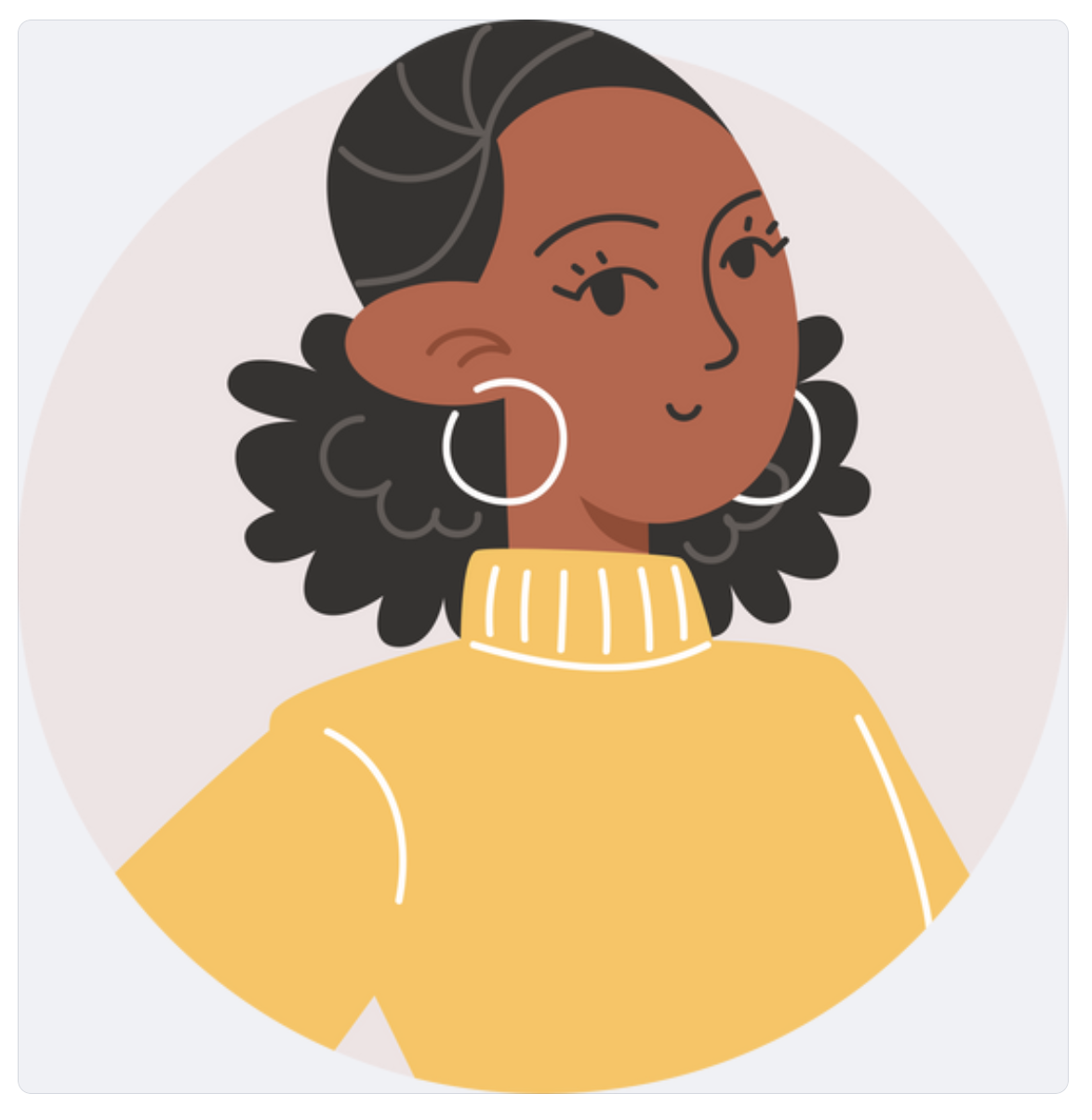
Before Reacting:
Pause and Think
We all have tough days and experience difficult emotions – which is unavoidable. What we can influence is how we respond. When stress, anger, or overwhelm arise, it helps to before reacting. Gently ask yourself: "What might be underneath this feeling?" Even a brief moment of reflection can help you understand the root of your emotions and choose a more helpful response for yourself to others in that moment, potentially leading to a more positive outcome.
It Helps to Talk:
Identify Your Supportive Connections
Voicing your emotional struggles is often the first step toward feeling better. Far from being a weakness, speaking up is a sign of strength, and you might find friends and family are more understanding than you anticipate. Consider starting by confiding in someone you trust or reaching out to a professional counselor or therapist.
Talking about difficult emotions is a powerful first step. It takes courage, not weakness. Take some time to think about the individuals in your life – friends, family, colleagues – who tend to listen well, validate your feelings, and encourage healthy coping. These are your go-to people. Mental health professionals can also provide excellent support. Knowing who to reach out to can make connecting easier when times are tough. You don't have to carry heavy feelings alone.
Contact NYC 998, your connection to free, confidential mental health support.

Looking to make a difference?

The behavioral health workforce plays a critical role in building and sustaining a city where all New Yorkers are safe, healthy, and able to access resources. Behavioral health professionals respond to the mental, emotional, or substance use challenges of individuals and communities, promoting well-being through positions in direct service and administration.
Take part in a powerful learning opportunity designed to equip you with essential skills to support others in times of stress.
Whether you are a public servant, CBO staff member, community advocate, leader, or caregiver, Psychological First Aid equips you with essential tools to support others in moments of stress and uncertainty—whether responding to crises or strengthening everyday interactions.
Psychological First Aid (PFA) is an internationally recognized training, used across the world by first responders, healthcare professionals, and community leaders. It provides compassionate, practical tools to help people navigate acute stress and trauma, while also being broadly applicable in everyday situations where emotional support is needed.
📍 Check Out: Academy for Community Behavioral Health at CUNY School of Professional Studies